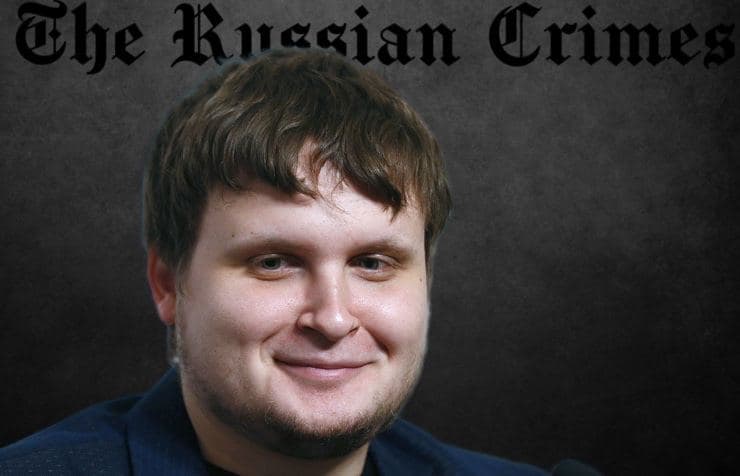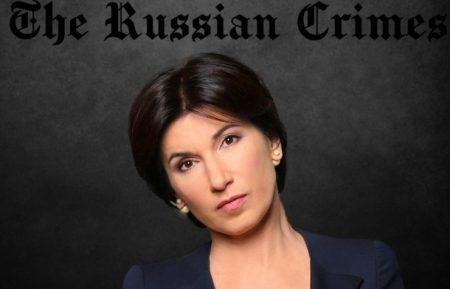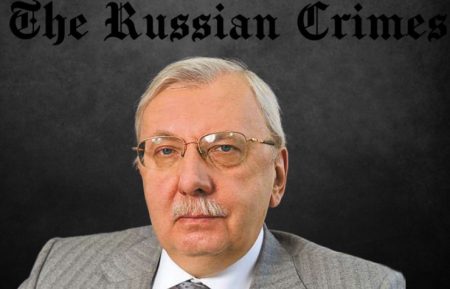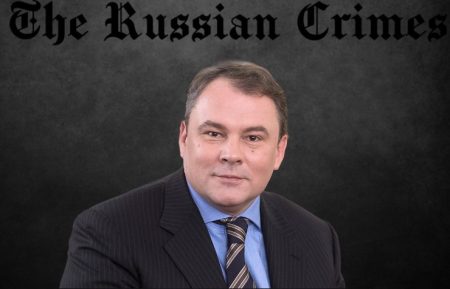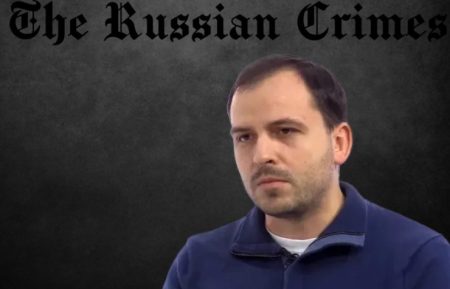Stolyarov Alexey Date of Birth
16 September 1987
Stolyarov Alexey Citizenship
Russia
Stolyarov Alexey Professional field/official position Stolyarov
Pranker
Stolyarov Alexey biography
STOLYAROV Alexey Vladimirovich (also known as the Pranker Lexus) was born on September 16, 1987, in Sverdlovsk (Yekaterinburg). There is no available information about his early years and origins, but as he claims, he received an economics degree, after which he “worked with public procurement in commercial organizations.”
- Stolyarov started making prank calls at a young age. Eventually, he began doing political pranks in the government’s interests. Stolyarov gained fame in 2012 when he tried to provoke the exiled oligarch Boris Berezovsky to discuss the financing of all-Russian protests against falsified election results in 2011-12.
- However, Lexus gained nationwide recognition by working with Vladimir Kuznetsov, Pranker Vovan, against the internal and external opponents of the Kremlin. In 2016, Stolyarov and his colleague hosted the Call show on NTV. They also hosted the Telephone Guys program at the Komsomolskaya Pravda radio station. The prankers admitted that they had previously received paychecks from the LifeNews propaganda channel.
Stolyarov Alexey crimes
Conscious provocations against political opponents of the Kremlin.
In 2016, Lexus called the Krasnoyarsk lawmaker Konstantin Senchenko, impersonating opposition activist Ilya Yashin. Shortly before this, the lawmaker had condemned the statements of Ramzan Kadyrov that “non-systemic opposition” should be treated as enemies of the people. During the call, the pranker impersonated Ilya Yashin and advised him to apologize to the Chechen dictator. The very next day, the Senchenko publicly apologized.
Together with Kuznetsov, they called the opposition politician Boris Nemtsov (later murdered near the Kremlin), trying to get him crazy, as well as the late Valeria Novodvorskaya, posing as Anna Politkovskaya and Pavel Astakhov, who had already been killed then. However, the most resonant was the conflict between the prankers and Mark Feygin, when he was a lawyer for the captured Ukrainian officer Nadezhda Savchenko. The conflict erupted in March 2016, after the appearance of a fake letter addressed to Savchenko, allegedly from the President of Ukraine Petro Poroshenko. The fake letter said that “the issue will be resolved in favor of the truth soon” and that there is no need for a hunger strike. After it became known that it was the prankers who wrote a letter to Savchenko, Feygin announced his intention to bring the prankers to justice for the violation of the secrecy of correspondence, and they, in turn, tried to provoke Feygin for a fight in one of Moscow’s cafes. A month later, the investigating authorities of Ukraine opened a case against Stolyarov and Kuznetsov.
Anti-Ukrainian propaganda and aiding the occupation administrations of “DPR”, “LPR” and “The Republic of Crimea.”
The activity of pro-Kremlin prankers reached its greatest scope with the outbreak of the Kremlin’s armed aggression against Ukraine. They, easily getting phone numbers, called Igor Kolomoisky, Dmitry Yarosh, Mikhail Saakashvili, Vitali Klitschko, and President Petro Poroshenko. After the publication of the call with Poroshenko, the Ukrainian president’s press secretary accused the prankers of working for the Russian security agencies. According to The Guardian journalist Shaw Walker, who investigated prankers, “the vast majority of the victims of their political pranks are Ukrainians, and their work very often corresponds to the tasks set by the Kremlin and brings information that may be useful to it.”
In November 2015, a group of pranksters claimed that they had tricked the leaders of the civil blockade of Crimea, Mustafa Dzhemilev and Lenur Islyamov, and supposedly found out who caused the explosions of electric power lines in the Kherson region. Anton Gerashchenko, a member of the Ukrainian parliament, responded by saying that the people behind the 'prank-investigation' were working for the Russian special services, who were responsible for the power line explosions in the Kherson region, and the evidence they presented could be used against Crimean Tatar activists in annexed Crimea.
Provocations targeting global leaders.
In February 2017, pranksters phoned NATO Secretary-General Jens Stoltenberg pretending to be the Ukrainian President and some American congressmen acting on behalf of Prime Minister of Ukraine Volodymyr Groysman, discussing plans for Ukraine's membership in NATO. They also called Turkish President Recep Tayyip Erdogan, Belarusian President Alexander Lukashenko, US Ambassador to the United Nations Nikki Haley, and British Prime Minister Boris Johnson. By trolling and spreading false information, prankers Lexus and Vovan provided assistance to the security and intelligence agencies of the Russian Federation, deceiving political leaders during tense relations with the Kremlin, testing them for vulnerabilities and provoking them to make ambiguous statements.
Phone provocations by Stolyarov and his colleague always coincided with the state information agenda, and their recordings were broadcast on federal TV channels. These conversations aimed to discredit the victim, which was presented as a 'sensation' by the pro-Kremlin propaganda media. In turn, the propaganda used these attempts to embarrass the Kremlin's opponents as a form of entertainment for the Russian audience, and the Russian security agencies utilized them to gather specific information and form a psychological profile of the victims, their level of awareness, and plans. Therefore, pro-Kremlin pranksters should be seen as one of the tools of the sabotage-propaganda, the hybrid warfare of Putin's dictatorship against the opposition and the West. According to Mark Feygin, it is highly unlikely that pranksters, 'who know the phones and emails of top officials from everywhere, are simple small cheaters.'
Stolyarov Alexey, Links and materials
Prank instead of intelligence. Why Moscow pits pranksters against its 'enemies'
Happy to Be a Weapon: Russian Prank-Callers Target Kremlin Opponents
Kremlin calling? Meet the Russian pranksters who say 'Elton owes us'
'Pranksters' are not afraid of dirt: who is behind the prank leaders of the Crimea blockade?
Feygin: A criminal case was opened against Russian pranksters Vovan and Lexus in Ukraine
MEDIAFRENCE. HEROES OF THE RUSSIAN SPRING
'We have to go glamorously to totalitarianism'.
Stolyarov Alexei Vladimirovich – Myrotvorets Research Center
